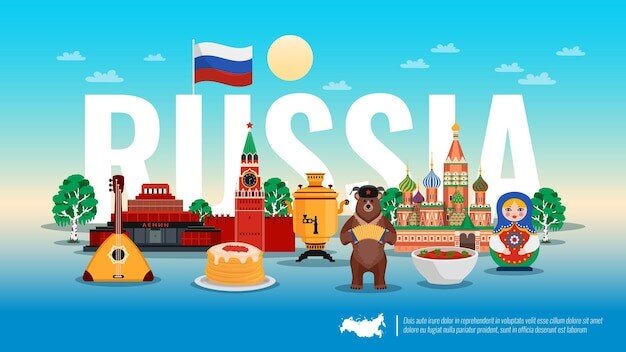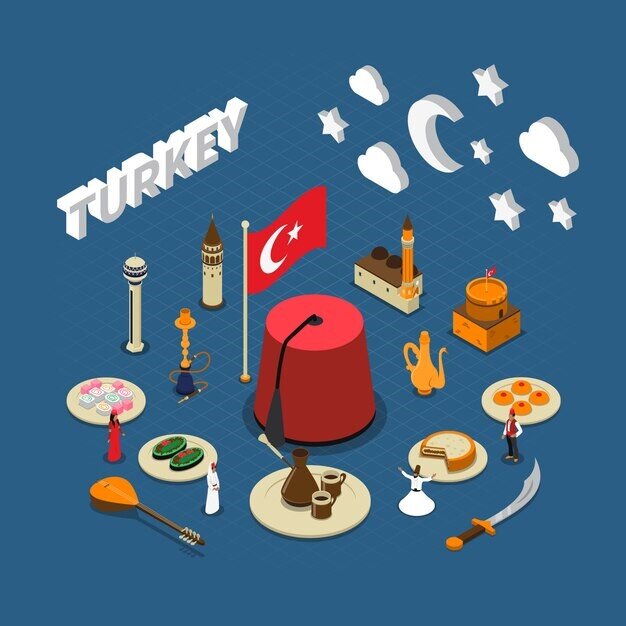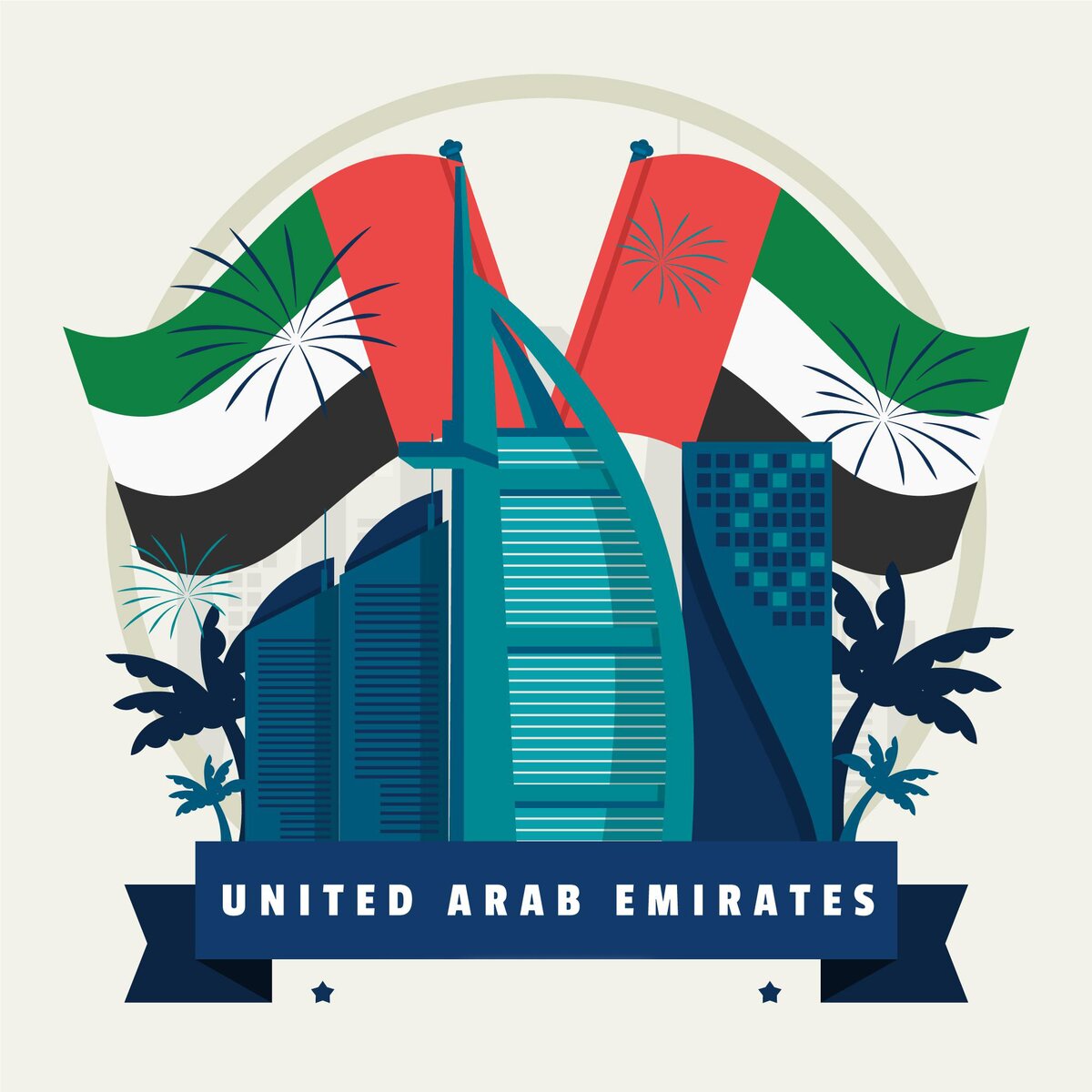Translating Recently Published Books into Russian, Turkish, and Arabic


Here, we will explore the significance of translating books into Russian, Turkish, and Arabic, three languages with rich literary traditions and vibrant reader communities.
Russian is widely used across Russia and neighboring countries and is a gateway to a diverse readership. Translating books into Russian opens the doors to a vast audience hungry for literature. Russian translations bring international works to Russian readers and serve as a means of cultural exchange. Translating recently released books into this language opens up the world of literature and encourages respect for different viewpoints and concepts.

Turkey's literary scene flourishes with its remarkable fusion of Eastern and Western influences. The translation of recently published books into Turkish opens doors for avid readers to delve into a diverse array of literary genres and styles from across the globe. Moreover, Turkey's advantageous position between Europe and the Middle East positions acts as a means of cultural exchange. By facilitating access to literature for Turkish readers, these translations play a pivotal role in enriching the nation's literary legacy.

Arabic has a unique place in the world of literature due to its extensive literary history spanning several centuries. Translating recently published books into Arabic not only allows Arabic-speaking readers to enjoy contemporary works but also adds to the cultural and intellectual context of the Arab world. Arabic translations provide a platform for exploring diverse genres, ideas, and voices, fostering cross-cultural understanding and encouraging dialogue between cultures.

Translating books into Russian, Turkish, and Arabic comes with its own set of challenges and rewards. Linguistic nuances, cultural references, and idiomatic expressions must be carefully considered to ensure an accurate and faithful representation of the original work. Translators must possess a deep understanding of the source and target languages and a keen awareness of cultural sensibilities. However, the rewards are immeasurable. Translations allow for the exchange of ideas, the preservation of cultural heritage, and the broadening of literary landscapes, enriching both the translators and the readers.

Translators play a vital role in the dissemination of knowledge and the promotion of cultural understanding. Their meticulous work paves the way for literary exploration across borders. The translator's ability to capture the essence of a book while adapting it to a different language is an actual art form. Translators act as cultural ambassadors, bridging gaps between languages and fostering appreciation for global literature.

Conclusion
Translating recently published books into Russian, Turkish, and Arabic is a powerful means of cultural exchange and intellectual enrichment. These translations enable readers to access a broader range of literary works, fostering cross-cultural understanding and appreciation. By breaking down language barriers, translators contribute to the global dissemination of knowledge, creating a world where literature knows no boundaries.
Ready to expand your literary reach and connect with readers across different cultures?
Look no further than SITA, your trusted partner in translating recently published books into Russian, Turkish, and Arabic.
Our team of experienced translators understands the nuances of language and culture, ensuring accurate and faithful representations of your work. With SITA, you can tap into vibrant reader communities, enriching the literary landscape and fostering cross-cultural dialogue. Let SITA be your bridge to a world of literary possibilities.
Contact us today to explore how we can bring your stories to life in Russian, Turkish, and Arabic.
If you have any questions, inquiries, or would like to learn more about our services, please don't hesitate to reach out to us. Our dedicated team is ready to assist you.